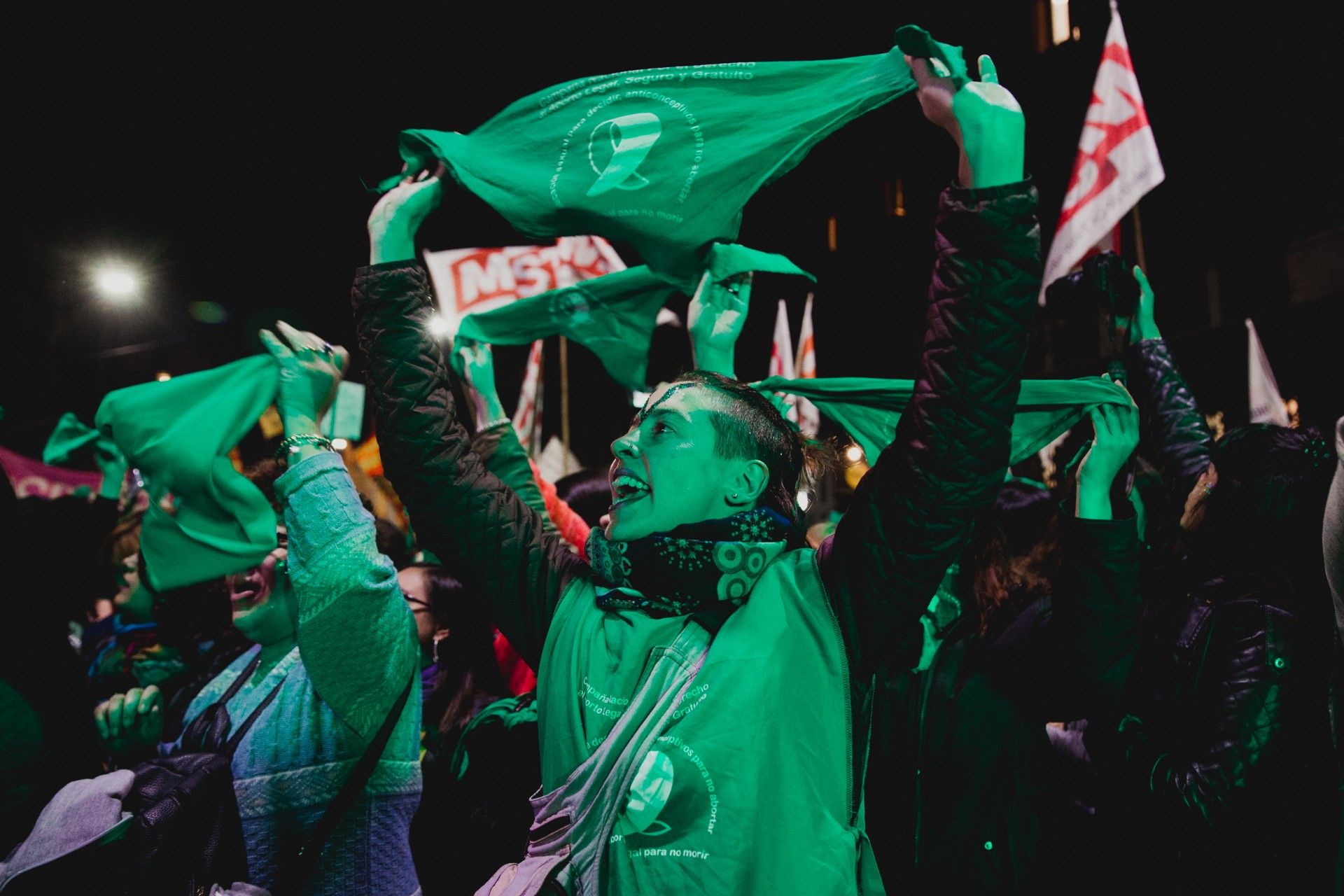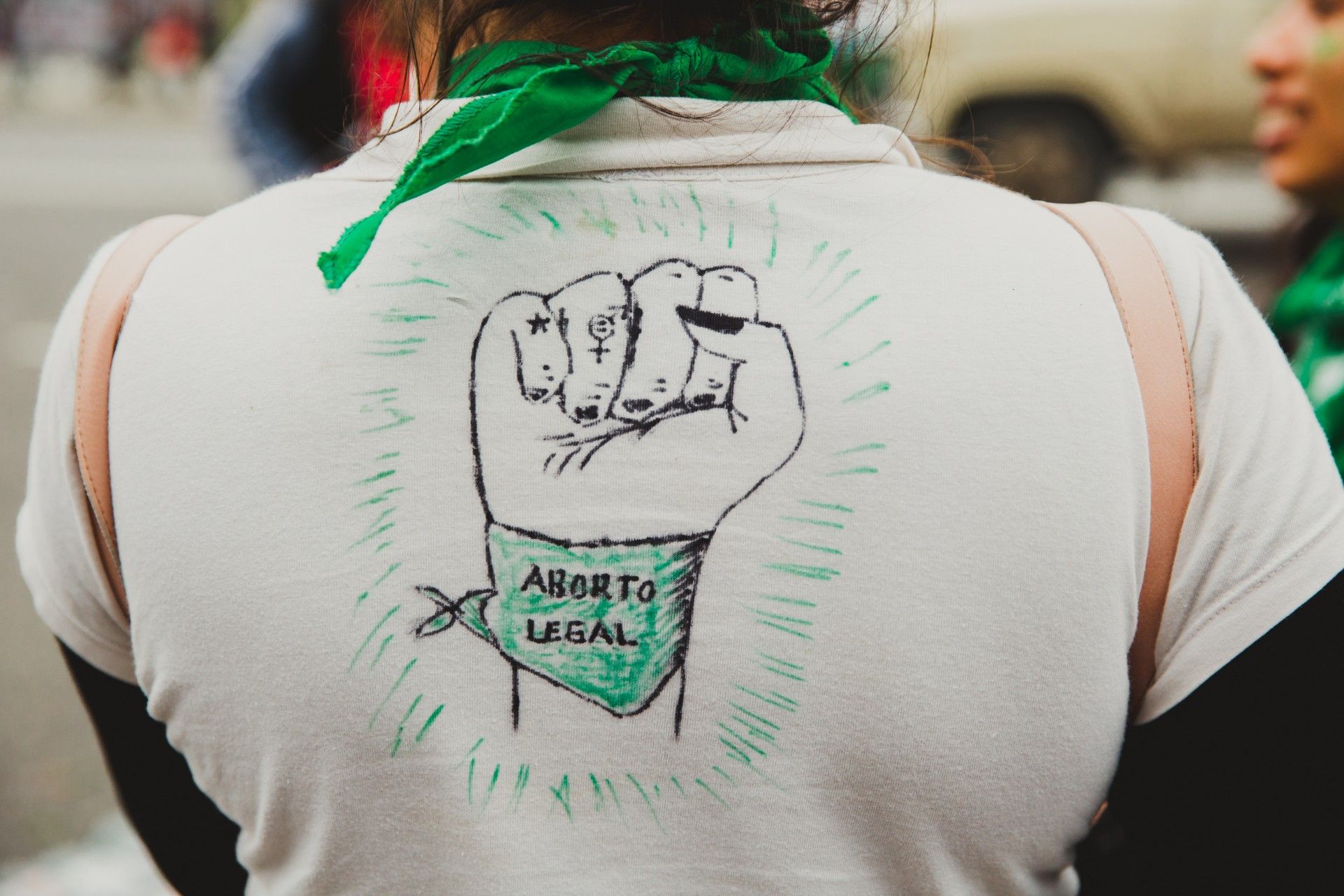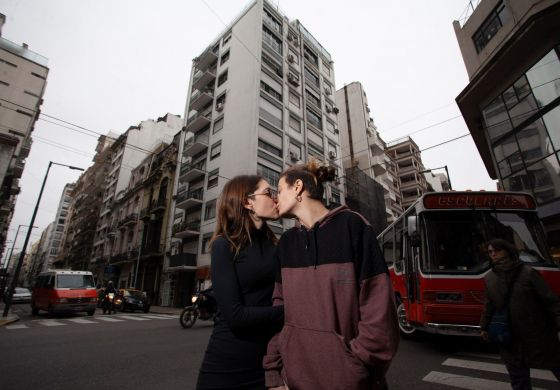M.D. Stella Manzano*, doctor in the F.A.L., the ruling court that set a precedent for the access to not punishable abortion, talks about the necessity to legalize the voluntary termination of pregnancy.
It is necessary that Congress pass the bill on the legalization of abortion so that our women, girls and trans men could get the sovereignty of their bodies back. We cannot be forced to give birth against our will with the consequent risk of our lives. We live in a violent and brutal society where the well-off people decide over the lives and reproductive capabilities of the poorer.
Although the spiel given to society is about how much we love babies and the high number of people who are looking forward to adopting a child, the naked truth is that in Argentina, only 2,500 people have applied for adoption while the number of children waiting to be adopted is about 10,000. These children live in orphanages, in an abusive or neglectful situation. They are not adopted, mostly because they’re too old –more than two years old–, or because they’re dark-skinned or have siblings.
In Tucumán and Jujuy, two girls, 11 and 12 years old, were forced to give birth by caesarean section.
In Paraguay, which has some of the world’s most restrictive abortion laws, more than 5,000 children whose parents had given them away to affluent families so they could get a better life, have, instead, been forced into slavery.

Even though, in Argentina, the abortion is legal in cases of rape or in order to save a woman’s life, the access to the procedure is allowed in just a few provinces. Throughout this year, in Tucumán and Jujuy, two girls, 11 and 12 years old, were forced to give birth by caesarean section. The abortions were postponed in the interest of developing the lungs of the fetuses, so that they could live out of the uterus. Doctors lied. The girls’ families were told that a surgical procedure with a large incision was less risky than a medical abortion or one performed by dilatation and evacuation as suggested by the World Health Organization in its 2012 book Safe Abortion: Technical and Policy Guidance for Health Systems.
We don’t want to be forced to have children. We want to give birth to the daughters and sons that we could feed and care for.
These two cases were made public by conservative sectors that stigmatized the girls and violated their right to privacy. They deceived the girls’ mothers into thinking that an abortion could kill their daughters when it is well known that 80% of the death in pregnancy occurs during birth and that the other 20% happens as the result of a clandestine and unsafe abortion. Abortion at any stage of pregnancy is considerably safer than giving birth.
Lucía, the girl from Tucumán, was never allowed to choose. She asked for an abortion but she was forced to give birth by caesarean section. Then, following a court decision and without being consulted, she was removed from her child’s birth certificate. The judge pointed out that it had been done for the girl’s own sake.

It is never for our own sake that we are being overwhelmed. Neither it is to denied the identity of a newborn. Even though we had preferred not to give birth, we have the right to change our minds and reclaim the custody of our child back. The baby also has the right to know who her or his mother was when she or he reached adulthood.
We don’t want to be forced to have children. We want to give birth to the daughters and sons that we could feed and care for. Abortion is a human right as well as the right to life, freedom of slavery and torture, freedom of opinion and expression, the right to work and education, health, dignity. We will never stop to fight for it.

“Marian was sentenced for being the couple's visible lesbian”
On LGBT Pride Day, Mariana Gómez was victim of a miscarriage of justice. Judge Marta Yungano gave Mariana a suspended sentence of one year in prison for resisting arrest after kissing her wife in a public place. The judge also ordered Mariana to pay the cost of the trial.

“We live on this planet as if we had another one where to go”

"In 60 years, there will be not a single hectare of forest left”
The damages caused by soybean farming, the extractive dependence model and open-pit mining are absent from the Argentina political agenda. Carlos Vicente, a member of Action for Biodiversity and also a member of Grain, warns us about the risks of not taking into account future generations.
